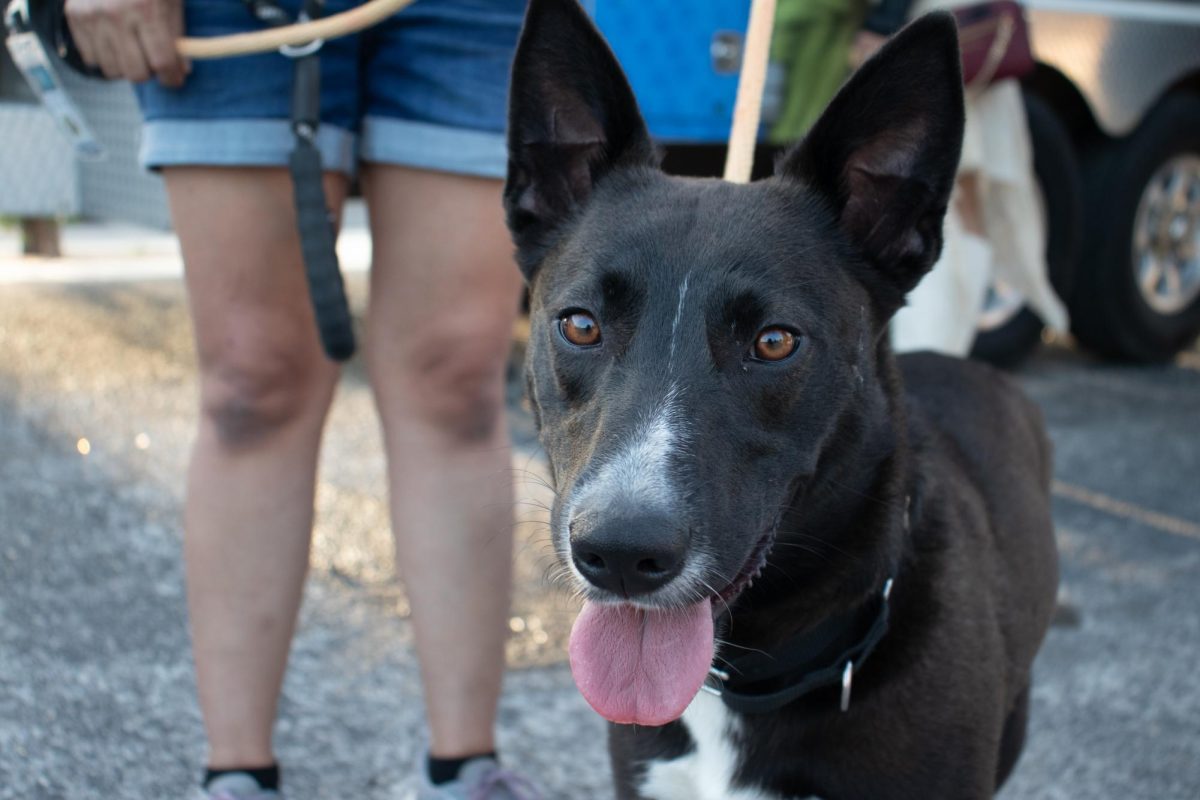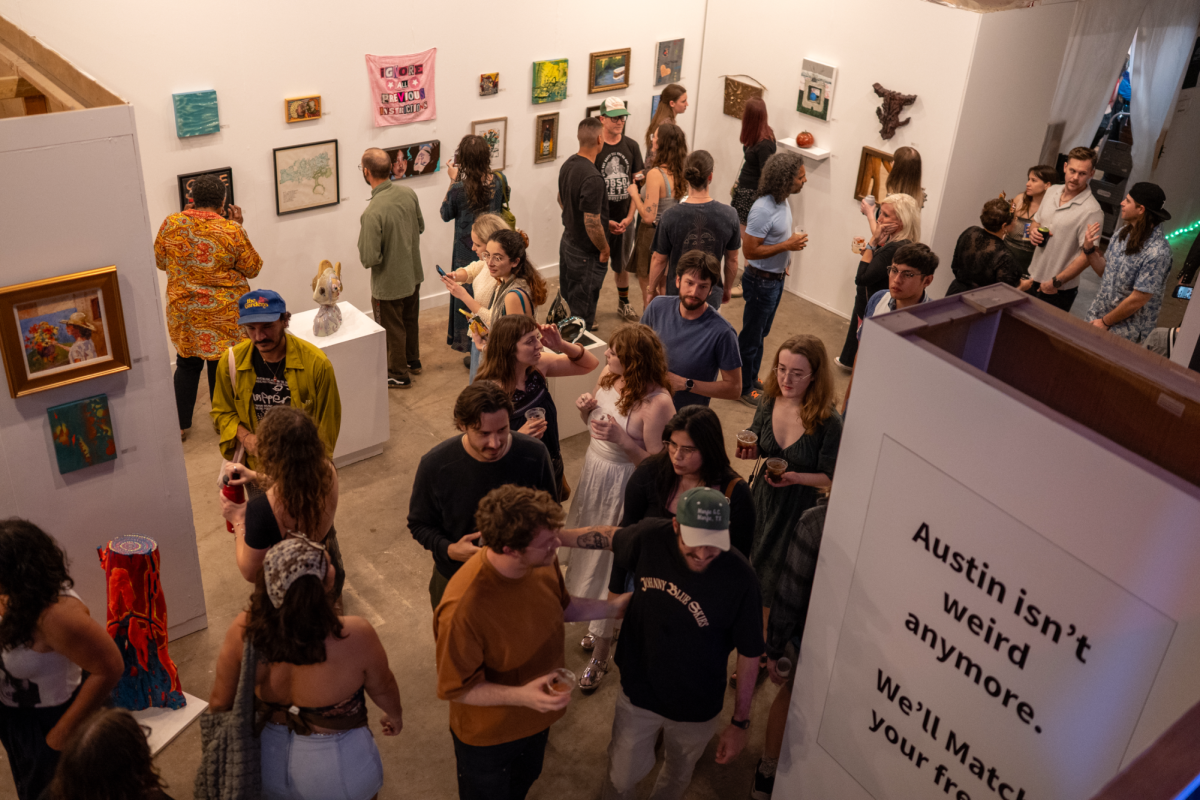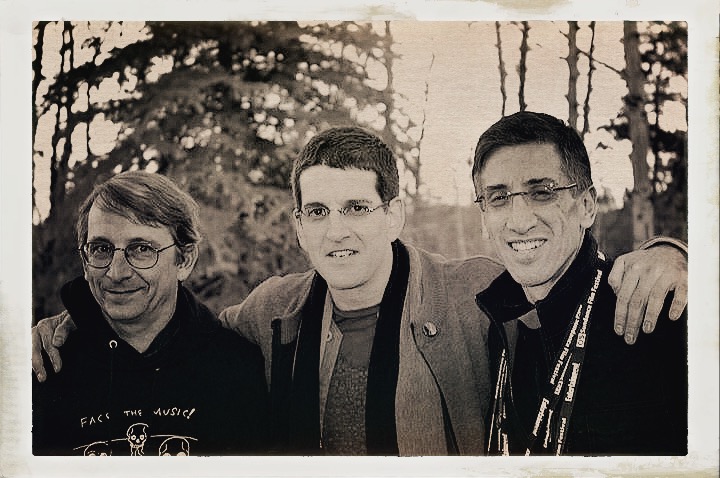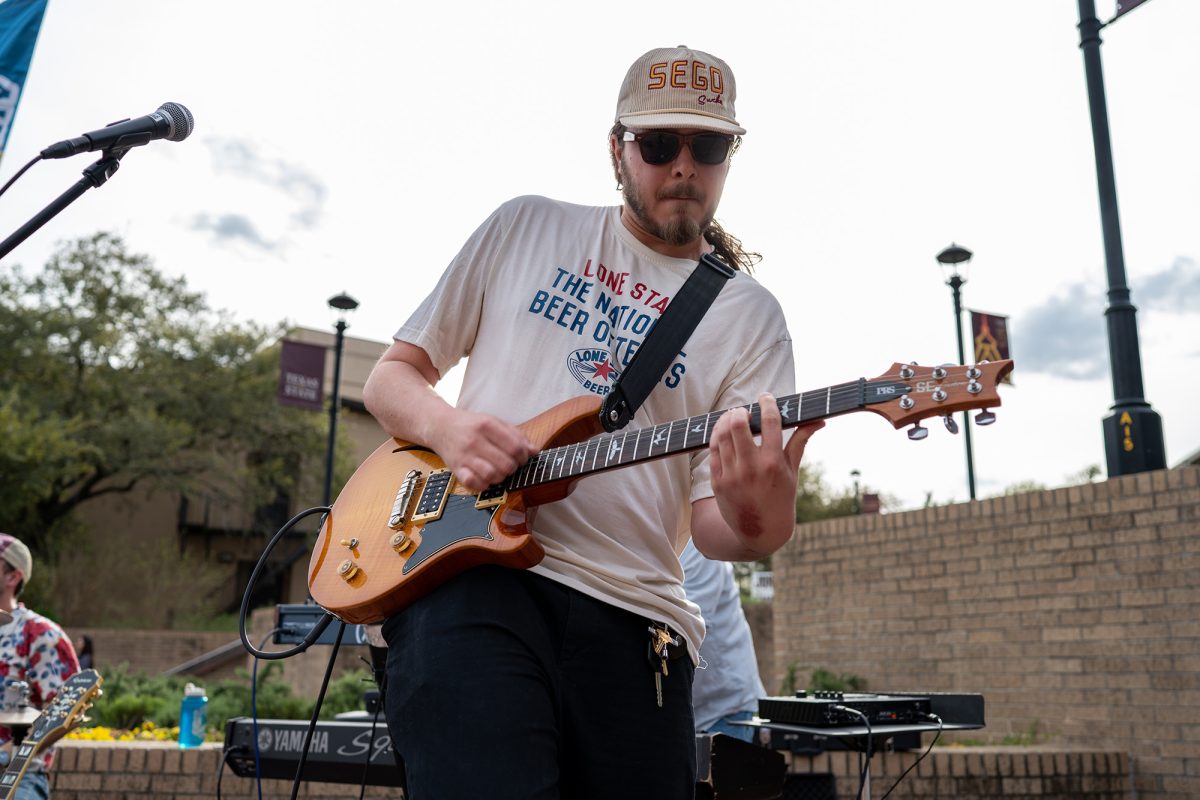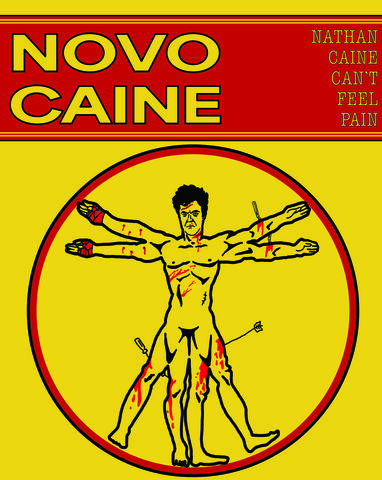Members of the San Marcos 10 returned to the community for a heated panel discussion on protests and free speech. The group recalled the day they sat in front of the Stallion statue at Southwest Texas State to protest the Vietnam War, which led to their suspension.
The panel was held at 7 p.m. May 11 at the San Marcos Public Library. Four members of the San Marcos 10 were in attendance; Sallie Anne Satagaj, Mike Holman, David Bayless and Murray Rossenwasser. The group was joined by Bill Cunningham, former University Star managing editor, Benny Solis, a former activist with La Raza Unida Party on campus and Terry McCabe, mathematics assistant professor.
There was a large turnout to hear the San Marcos 10 recount the day they were suspended from the university for sitting in protest against the Vietnam War. Satagaj remembers the Stallion statue encompassed by grass in 1969 rather than concrete and stone.
“The only thing that I feel really bad about is that (protestors) are having to protest on cement at the horses,” Satagaj said. “We had a grassy, huge area. It’s like they took the horses out to a cement pasture and put it in a walkway for (today’s protestors).”
In the fall semester of 1969, students planned anti-war protests at Southwest Texas State. The students were told by the administration, namely Dean Floyd Martine, they could only protest at 4 p.m. on campus. The protestors knew the campus was virtually vacant in the afternoon, so they protested in their free-speech zone on their own time.
Defying Martine’s request resulted in the dean showing up to the demonstration and threatening to suspend everyone who did not evacuate the area within three minutes. Students scattered, but 10 remained. The San Marcos 10 were suspended from campus and their course credits were erased. Satagaj said she and other students had to repeat courses because some credits had been removed from their transcripts.
Cunningham said he believes the administration took such measures because the president of the United States at the time was Lyndon B. Johnson, Southwest Texas State alumnus. Cunningham said the university had a reputation for being safe and quiet back then. The panel believed Martine was focused on maintaining the institution’s reputation and felt the protest was a threat.
“The administration said they can give and take our rights, but they don’t,” Cunningham said.
In addition to protesting on campus, the panel recalled organizing rallies at local parks and attempting to elect a student to the San Marcos City Council. The panel transitioned the conversation from the 1969 protests to the present to encourage current students to continue protesting.
“There’s a lot of pride in doing something like that, where you just stood up for what you believed in,” Holman said. “Damn the consequences. It was worth it.”
The event was organized and sponsored by the San Marcos Cinema Club as well as the Honors College and the Common Experience at Texas State.
Jordan Buckley, member of the Cinema Club, organized the event.
“Given the inspiring outpouring of activism on campus, our hope was to invite our elders in the movement to share their own struggles,” Buckley said.
Categories:
The San Marcos 10 talk protests
May 19, 2017
0
Donate to The University Star
Your donation will support the student journalists of Texas State University. Your contribution will allow us to purchase equipment and cover our annual website hosting costs.
More to Discover




